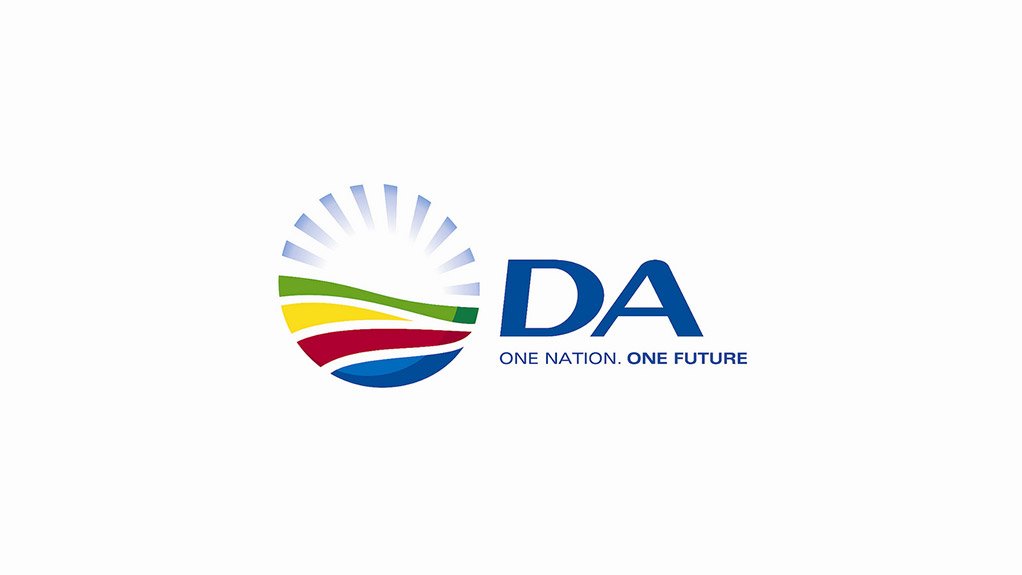The Democratic Alliance (DA) said that immediate and short-term electricity needs must be addressed by a plan that deals with reliability of supply within existing parameters in the most cost-effective and source-agnostic manner.
The party released its Energy and Electricity policy on Tuesday, which DA Shadow Minister of Public Enterprises Ghaleb Cachalia said would end load-shedding, ensure access to cheap electricity and fuel, and secure the environment for future generations.
Eskom warned that Stage 2 load-shedding might be implemented at short notice over the next three days, owing to a delay in returning generation units to service at the Arnot, Kusile and Koeberg power stations, as well as the failure of a generation unit each at Medupi, Hendrina, Camden, and two units at Majuba.
DA Shadow Minister of Mineral Resources and Energy Kevin Mileham explained that Eskom was beset by an apparent inability to fix its fleet and plug the short-term needs while longer-term solutions were put in place.
He said in an effort to eliminate load-shedding there should be a complete unbundling of Eskom, specifically entirely separate enterprises which did not fall under the same holding company.
Commercially viable power stations should be sold to private owners and operated until the end of the remaining life of the station, the DA suggested. The envisioned end state for generation was of a diversified and competitive generation sector, Mileham said.
He said with generation and distribution privatised, the remaining transmission entity of Eskom, free from conflicts of interest, should become a national, State-owned, Independent Transmission System and Market Operator with power planning, procurement, contracting, grid system and electricity market operation functions.
Mileham said that the DA’s electricity policy was built on putting the consumer first, explaining that compared with the African National Congress’s current policy of a State-driven electricity model, the DA approach actively facilitates the emergence of “prosumers”, where customers of electricity may also generate energy into the grid when they have surplus energy.
He explained that the policy would incentivise the uptake of rooftop solar for residential purposes by granting a once-off tax rebate and would eliminate illegal connection by providing an amnesty for all households with illegal connections.
NEW GENERATION, JUST ENERGY TRANSITION
Cachalia said in view of the “dire state of the country’s electricity generation capacity”, South Africa should be making it easy, not difficult, for independent power producers (IPPs) to bring in new power at scale and in the shortest possible time.
The DA said there needed to be a clear transition plan that would upskill and reskill former coal sector workers and a reduction of barriers for community-owned projects to compete.
COMPETITIVE FUEL INDUSTRY
The DA said to promote a competitive fuel industry with low retail prices for consumers, there was an urgent need to remove government taxes, levies and price controls on liquid fuels to promote competition and ease the cost of living for all South Africans.
“South Africa needs a competitive energy market where the State does not have a monopoly on energy generation, supply and distribution. There should be a multiplicity of private suppliers, competing with one another to provide the best service and lowest price. This requires making it easier for energy suppliers to enter and participate in energy markets,” the party said.
EMAIL THIS ARTICLE SAVE THIS ARTICLE ARTICLE ENQUIRY
To subscribe email subscriptions@creamermedia.co.za or click here
To advertise email advertising@creamermedia.co.za or click here











